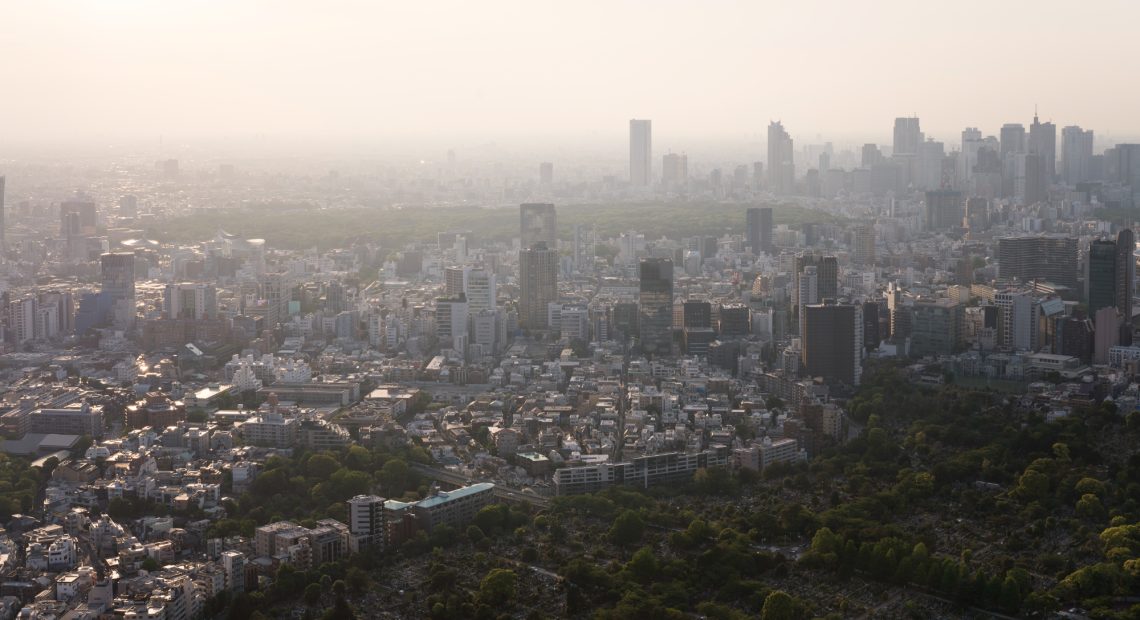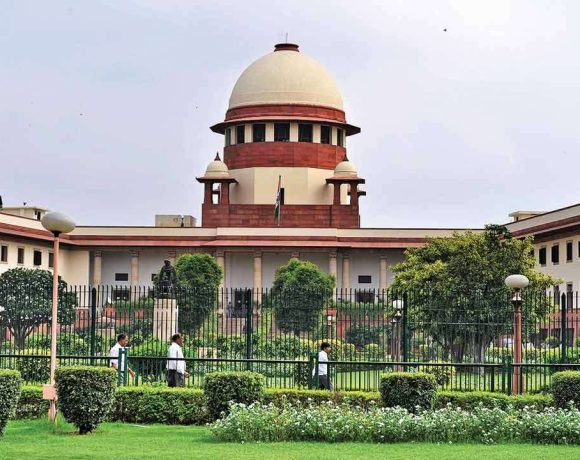
Delhi Wakes Up To Very Poor AQI Amid Ethiopian Ash Cloud
The national capital recorded an overall Air Quality Index (AQI) of 362 on Tuesday morning, placing it firmly in the “very poor” category, as a thin layer of volcanic ash from the Hayli Gubbi Volcano eruption in Ethiopia passed overhead. Monitoring data showed some stations registering values above 400, such as Rohini at 416, while the lowest reading was 289 at Mandir Marg.
Ash Cloud Raises Concerns, Experts Sooth Fears
The ash plume from the volcano had drifted across the Red Sea and reached parts of north-west India, prompting concern over its possible impact on air quality in Delhi NCR. However, meteorologists and officials said the cloud remains at high altitudes and is unlikely to significantly raise ground-level pollution levels. They warned of hazy skies and slightly warmer night minimums, but said the immediate effect on breathing conditions should be limited.
Persistent Pollution And Response Measures
Despite the ash cloud’s arrival, the main cause of Delhi’s poor air remains stubble burning, vehicle emissions, dust and stagnant winter weather. Authorities have already activated Stage III of the Graded Response Action Plan (GRAP) to curb pollution, and residents have been advised to reduce outdoor activity. The government also noted that the ash cloud is expected to move eastwards away from the capital in the next few hours.


















